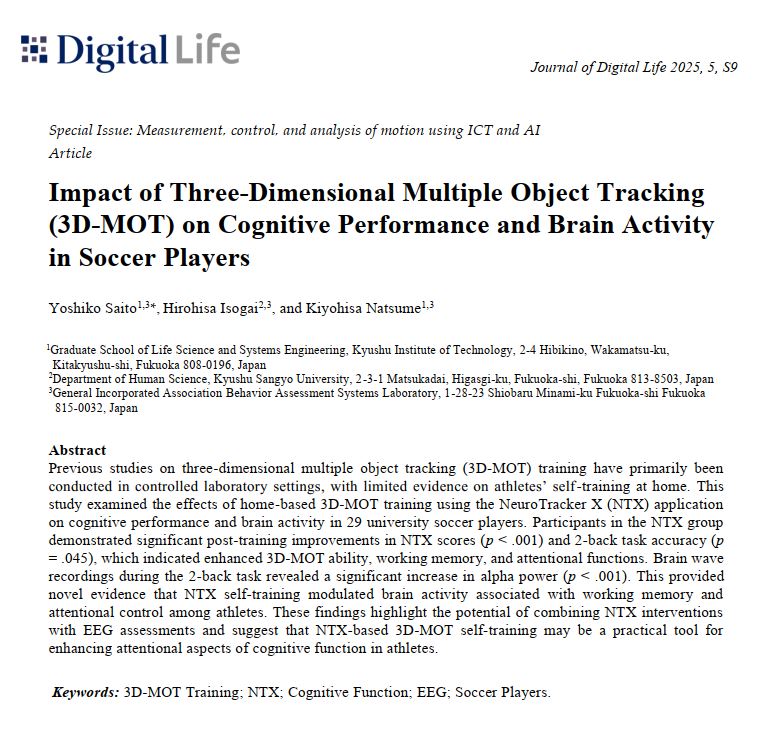Welcome to the Research and Strategy Services at in today's fast-paced.


In our fast-paced modern society, maintaining optimal brain health and cognitive performance is essential. As we juggle numerous responsibilities and strive for success, it becomes increasingly important to adopt lifestyle habits that nourish and support our brain's well-being. Among the many factors that influence brain health, diet, sleep, and exercise stand out as key players. In this article, we will explore the impact of these three lifestyle habits on brain health and cognitive performance, highlighting their distinct contributions and the ways in which they interact.

The saying "you are what you eat" rings especially true when it comes to brain health. A well-balanced diet rich in essential nutrients provides the building blocks necessary for optimal cognitive function. Omega-3 fatty acids, found in fatty fish, walnuts, and flaxseeds, have been associated with improved memory and reduced risk of cognitive decline. Antioxidant-rich foods, such as berries, leafy greens, and dark chocolate, help protect the brain against oxidative stress, which can lead to cognitive decline. Additionally, B vitamins, found in whole grains, eggs, and leafy greens, are crucial for energy production and nerve cell health.
Conversely, a poor diet characterized by excessive intake of processed foods, added sugars, and unhealthy fats can have detrimental effects on the brain. Studies have shown that diets high in saturated and trans fats can increase the risk of cognitive impairment and neurodegenerative diseases. Moreover, excessive sugar consumption has been linked to impaired memory and learning abilities. By adopting a nutrient-dense diet and avoiding harmful dietary patterns, we can positively influence our brain health and cognitive performance.

A good night's sleep is often undervalued, but its importance in brain health cannot be overstated. Sleep is a time of restoration and rejuvenation for the brain, allowing it to consolidate memories, process information, and promote optimal cognitive function. Chronic sleep deprivation has been associated with reduced attention, impaired memory, and decreased cognitive performance.
During sleep, the brain undergoes essential processes such as synaptic pruning, which clears out unnecessary neural connections and strengthens important ones. Additionally, sleep facilitates the clearance of metabolic waste products, including beta-amyloid, a protein associated with Alzheimer's disease. By prioritizing healthy sleep habits, such as maintaining a consistent sleep schedule, creating a relaxing sleep environment, and avoiding stimulants before bedtime, we can optimize brain health and enhance cognitive performance.

Physical exercise is not only beneficial for cardiovascular health and physical fitness but also plays a vital role in supporting brain health and cognitive function. Engaging in regular aerobic exercise has been shown to increase brain-derived neurotrophic factor (BDNF), a protein that promotes the growth and survival of neurons. This, in turn, enhances neuroplasticity, the brain's ability to adapt and reorganize itself.
Numerous studies have demonstrated the cognitive benefits of exercise. Regular physical activity has been associated with improved memory, attention, and executive function. Exercise also helps reduce the risk of neurodegenerative diseases, such as Alzheimer's and Parkinson's. Furthermore, the positive effects of exercise on mood and stress reduction can indirectly enhance cognitive performance. By incorporating physical activity into our daily routines, whether through cardiovascular exercises, strength training, or even brisk walking, we can invigorate our minds and nurture brain health.
While diet, sleep, and exercise each have unique contributions to brain health, their effects are not isolated. In fact, they interact synergistically, reinforcing the benefits derived from each individual lifestyle habit. For instance, exercise has been shown to enhance sleep quality, leading to improved cognitive performance. The same principle applies with negative lifestyle habits, for example being heavily sedentary can result in restless sleep as well encouraging weight gain. Practicing positive habits for diet, sleep and exercise will go a long way to having a healthier and better functioning brain.








Welcome to the Research and Strategy Services at in today's fast-paced.

Rest can help cognitive recovery, but focus doesn’t always return immediately. This article explains why different cognitive systems recover at different speeds and why improvement often unfolds gradually.

Cognitive recovery is rarely linear — and improvement doesn’t always look immediate. This guide explains how recovery unfolds over time and why sustainability depends on recalibration, not quick resets.

Cognitive scores naturally fluctuate — but patterns matter more than single sessions. This guide explains how to distinguish noise from meaningful change over time.
.png)